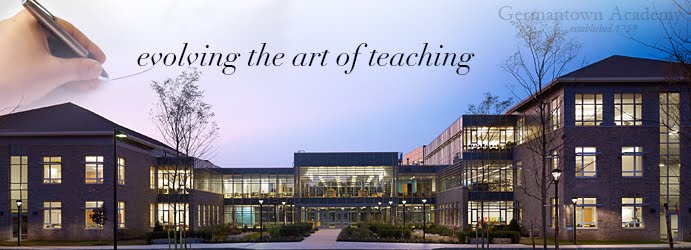Overview
 Passion-based research goes by many different names; 20 Time
and Genius Hour are just two different terms that describe projects that center
upon personal inquiry and ideas to spark innovation. Based on a framework
employed by such innovative companies as Google, GE, Skype, and Apple,
employees are encouraged to spend 20 percent of their time to develop,
research, design, test, and refine a project or idea of their own. When applied
within the classroom, this approach is meant to increase student engagement,
independence, and responsibility, while allowing the teacher to model research
and design skills, to provide an environment of entrepreneurship, and to give
students access to feedback from authentic, real world audiences.
Passion-based research goes by many different names; 20 Time
and Genius Hour are just two different terms that describe projects that center
upon personal inquiry and ideas to spark innovation. Based on a framework
employed by such innovative companies as Google, GE, Skype, and Apple,
employees are encouraged to spend 20 percent of their time to develop,
research, design, test, and refine a project or idea of their own. When applied
within the classroom, this approach is meant to increase student engagement,
independence, and responsibility, while allowing the teacher to model research
and design skills, to provide an environment of entrepreneurship, and to give
students access to feedback from authentic, real world audiences.
20 Time and the
Classroom
Students can be initially skeptical of the pedagogical
change embodied by student-centered, abstract learning. To aid buy-in among
students so they understand how this new learning will successfully impact
them, videos such as Daniel Pink’s Drive, Sir Ken Robinson’s Changing
Education Paradigms, The Golden Circle, and Why We Make Bad
Decisions highlight the importance of trying and failing in
developing a growth mindset as a 21st century skill.
In addition to understanding the “why” of 20 time, it’s
important for students to become familiar with basic parameters so they can see
how the concrete components for which they are responsible are balanced against
the freedom to experiment and personalize their work. The actual process
involves students selecting a topic about which they are passionate, conducting
initial research to craft a proposal or “pitch” for their idea, then further
researching, designing, and implementing a product that showcases their
learning and understanding.
For many, this may be the first time they’ve ever experienced
a broad level of abstraction, and also given organizational control for such a
broad and long-term project. As a result, there are a variety of structured
mechanisms for teachers to support students along the way, including a basic brainstorming guide, blog feedback, impact
mapping, and librarian assistance to aid research skills and
strategies. After cycles of researching, feedback, reflecting, and design
iterations, students can then share their work to the community in many ways,
including digital platforms or TED-style presentations.


















